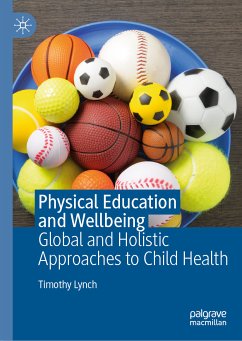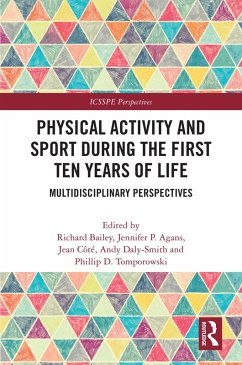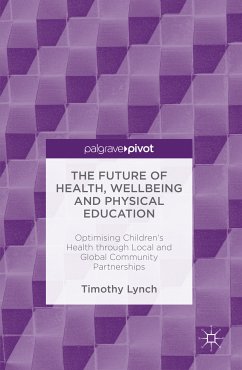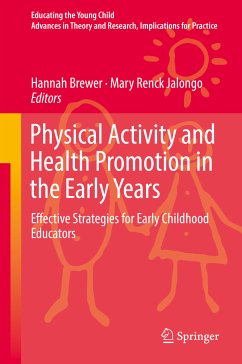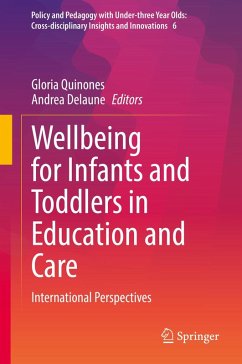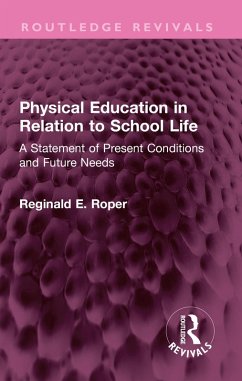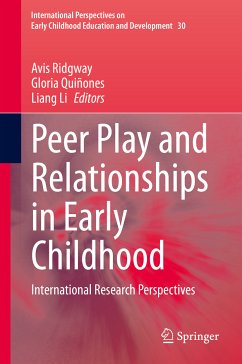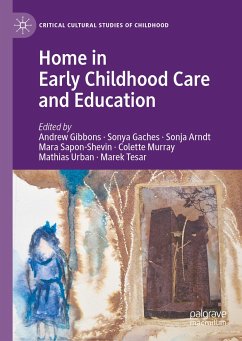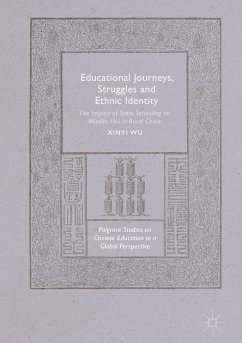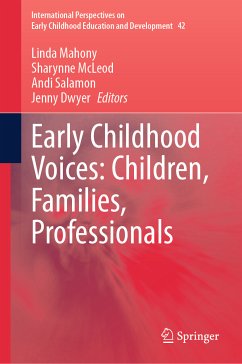
Physical Education and Wellbeing (eBook, PDF)
Global and Holistic Approaches to Child Health and Academic Learning
Versandkostenfrei!
Sofort per Download lieferbar
112,95 €
inkl. MwSt.
Weitere Ausgaben:

PAYBACK Punkte
56 °P sammeln!
This book, now in its second edition, explores how physical education (PE) and learning through movement can be best enacted in schools in order to optimise children's wellbeing and subsequent academic learning. Drawing together extensive data from school communities around the globe, the author examines multiple dimensions of child health in practice. Ultimately, the findings suggest that PE is imperative within the wider landscape of children's holistic learning, offering a powerful platform for meaningful connections across learning areas. While quantitative research has long evidenced the ...
This book, now in its second edition, explores how physical education (PE) and learning through movement can be best enacted in schools in order to optimise children's wellbeing and subsequent academic learning. Drawing together extensive data from school communities around the globe, the author examines multiple dimensions of child health in practice. Ultimately, the findings suggest that PE is imperative within the wider landscape of children's holistic learning, offering a powerful platform for meaningful connections across learning areas. While quantitative research has long evidenced the benefits of physical activity, this book contributes to the complex and global issue of what effective health and wellbeing approaches look like in practice, offering clear strategies for optimising children's academic learning. It is natural for children to enjoy movement for the purposes of play, exploration, learning and development; this book is essential reading for scholars (professors, researchers and students), school leaders and educators looking to enhance children's wellbeing, general health and academic learning.
Dieser Download kann aus rechtlichen Gründen nur mit Rechnungsadresse in A, B, BG, CY, CZ, D, DK, EW, E, FIN, F, GR, HR, H, IRL, I, LT, L, LR, M, NL, PL, P, R, S, SLO, SK ausgeliefert werden.



